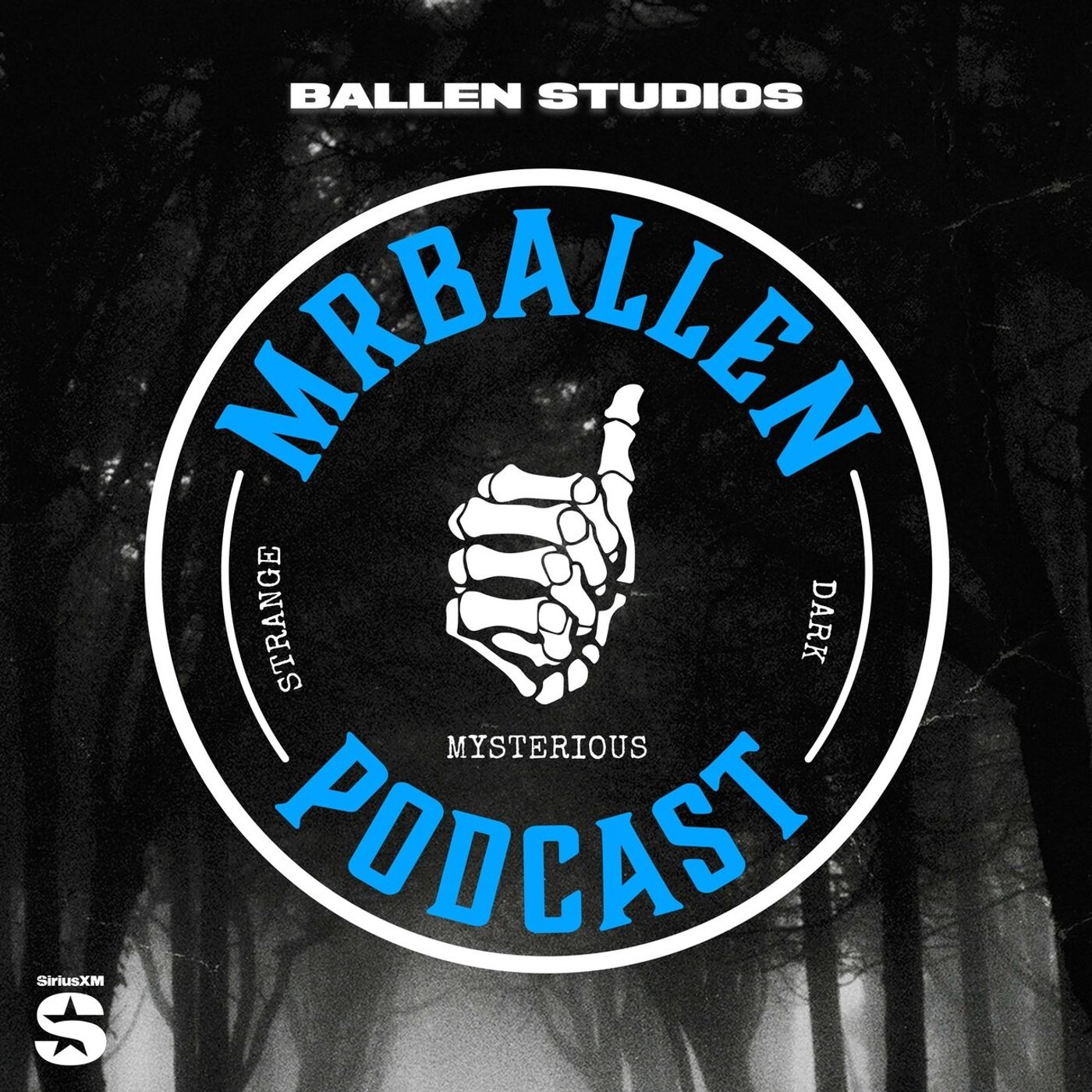Detail in the Dark (PODCAST EXCLUSIVE EPISODE)
One evening in the summer of 1998, homicide detective Danny Payne sat in a dark room in a Tennessee suburb police station. He was focused on a TV screen where some surveillance footage played. The recording was bad quality, all blurry and pixelated. But it was still clear what the camera was pointed at – which was a nighttime scene of a McDonald's. On the screen, the shape of a person moved toward the restaurant door and disappeared inside. The video was too low quality to make out any identifying details... but the person wasn’t what Payne was watching. He was focused, instead, on a car parked at the far end of the McDonald's lot. Payne had watched this video probably 30 times, but he’d never noticed the car before. Now that he saw it, though, he realized that nothing in this case, was what he had thought it was.
For 100s more stories like these, check out our main YouTube channel just called "MrBallen" -- https://www.youtube.com/c/MrBallen
If you want to reach out to me, contact me on Instagram, Twitter or any other major social media platform, my username on all of them is @mrballen
See Privacy Policy at https://art19.com/privacy and California Privacy Notice at https://art19.com/privacy#do-not-sell-my-info.
Press play and read along
Transcript
Transcript is processing—check back soon.

